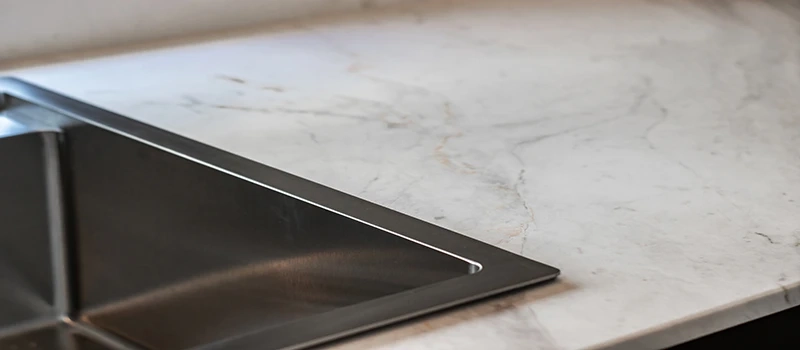In the realm of natural substances, there are contradictory opinions on whether or not limestone must be sealed. On one hand, experts tend to suggest sealing all stone. On the contrary, sealants may be notorious for altering the stone’s natural visual aspect. For the most parts, all stone surfaces should be corked. Particularly with porous crystals such as limestone, sealing is indispensable to prevent other particles and fluids from seeping below the surface. Stone floors and counters that go unsealed may harbor ground-in dirt, dust, and dried fluids. This can be particularly problematic when you spill things in your kitchen and wash rooms, because colored liquids can easily stain a stone with lighter colouration. Likewise, exterior limestone used around pool decks or patios can be subject to assorted elements, chemicals, and lot of traffic.
Limestone inevitably to be sealed in order to last as long as possible. It holds up the natural visual aspect of your stone, and can forbid it from getting stained. Even dirt and water can cause a form of crystallization within the pores of your sedimentary rock, making up detrimental and unsightly stains.
There are a few contrasting forms and sub types for Limestone sealers, and which you choose will most likely be dependent on what type of limestone home feature you’re securing. Certain alternatives are better for bathroom limestone, while others are meant generally for limestone flooring.
Permanent coatings are those that are more challenging to be removed, and are meant to stay on your material for its lifetime. They’re normally made of polymers suspended in a solvent, with frequent ones being polyurethane and epoxy. These are often not suggested for natural stone.
Strippable coatings can be easily abstracted from the surface of stone. They’re made of worldly things like acrylics, polystyrene, polyethylene, and much more – typically with mediums that are water-based. This form of sealant coating is meant much more for tile floors and not necessarily stone, so ensure to pick one specific to stone if you choose a strippable alternative of the sealant.
Many homeowners struggle with picking out between coatings and Limestone sealer. Mostly speaking, coatings can be easily applied by inexperienced homeowners, and are more economic. They render anti-slip properties, a sacrificial layer to be worn off by traffic, and add a radiance to stone. Unluckily, coatings need to be buffed and can give stone an supernatural, almost plastic-like visual aspect. Impregnating sealants, also known as penetrating sealant, typically requisite non-recreational application. They’re less environs friendly and more expensive, but also do not require steady reapplication. Penetrating sealants last for more years, and won’t change the color or appearance of your lime stone the way coatings will.


